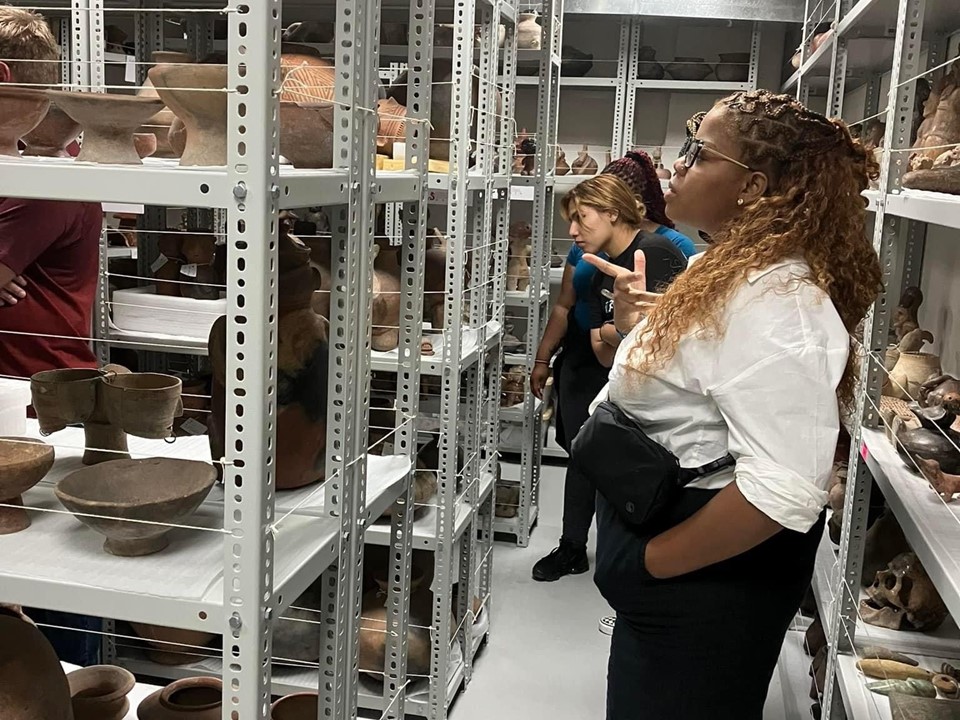Assessment and Scalability Developing and Refining an Experiential-Learning Program at a Regional Comprehensive University
Main Article Content
Abstract
The concept and practice of experiential education is rapidly expanding as universities seek to strengthen and integrate high-impact practices under experiential education plans and centers. While this integration has the potential to create synergy across disparate experiential learning offerings and to provide the benefits of experiential learning to all enrolled students, across majors and modality, scalability and assessment present a challenge. Many experiential learning practices were designed to serve a subset of enrolled students, and are resource-intensive in terms of faculty development and content delivery, assessment, and financial resources required. This paper presents the development and in-progress refinement of a experiential learning program at a regional comprehensive university in the southeast. The goal is to provide a detailed description of one EL program at one particular type of university, in order to add heterogeneity to the options university leaders can use as models. In addition, while this program has faced stumbling blocks, we believe it presents a strong template for other EL programs, with particular strength in comprehensive assessment.
Article Details

This work is licensed under a Creative Commons Attribution 4.0 International License.

